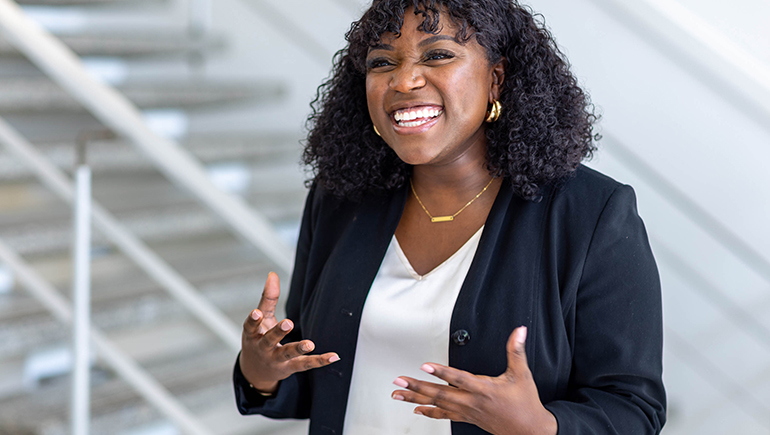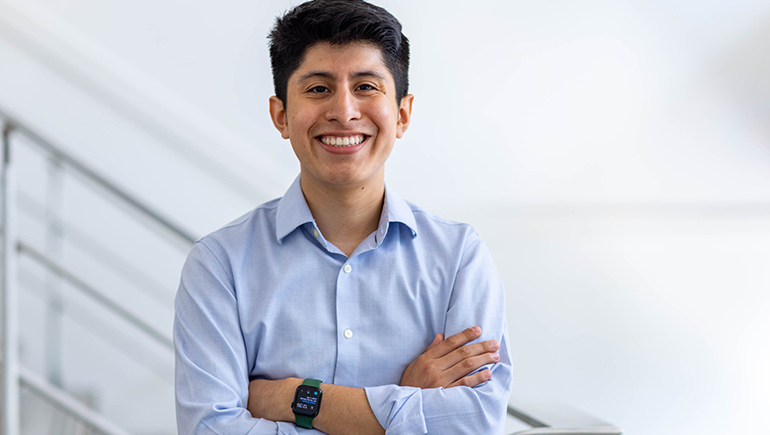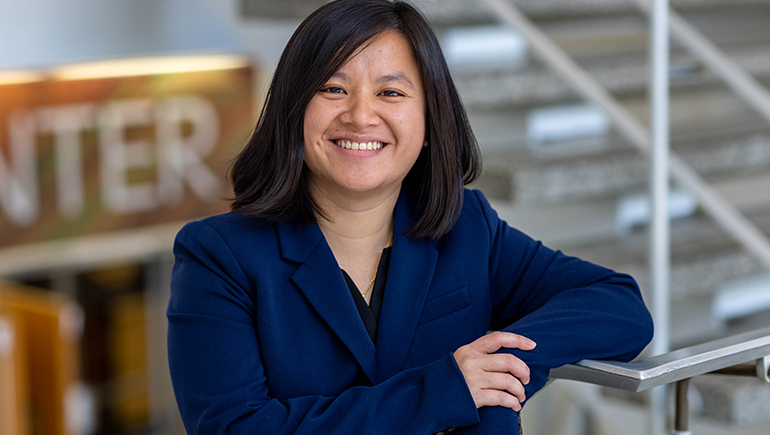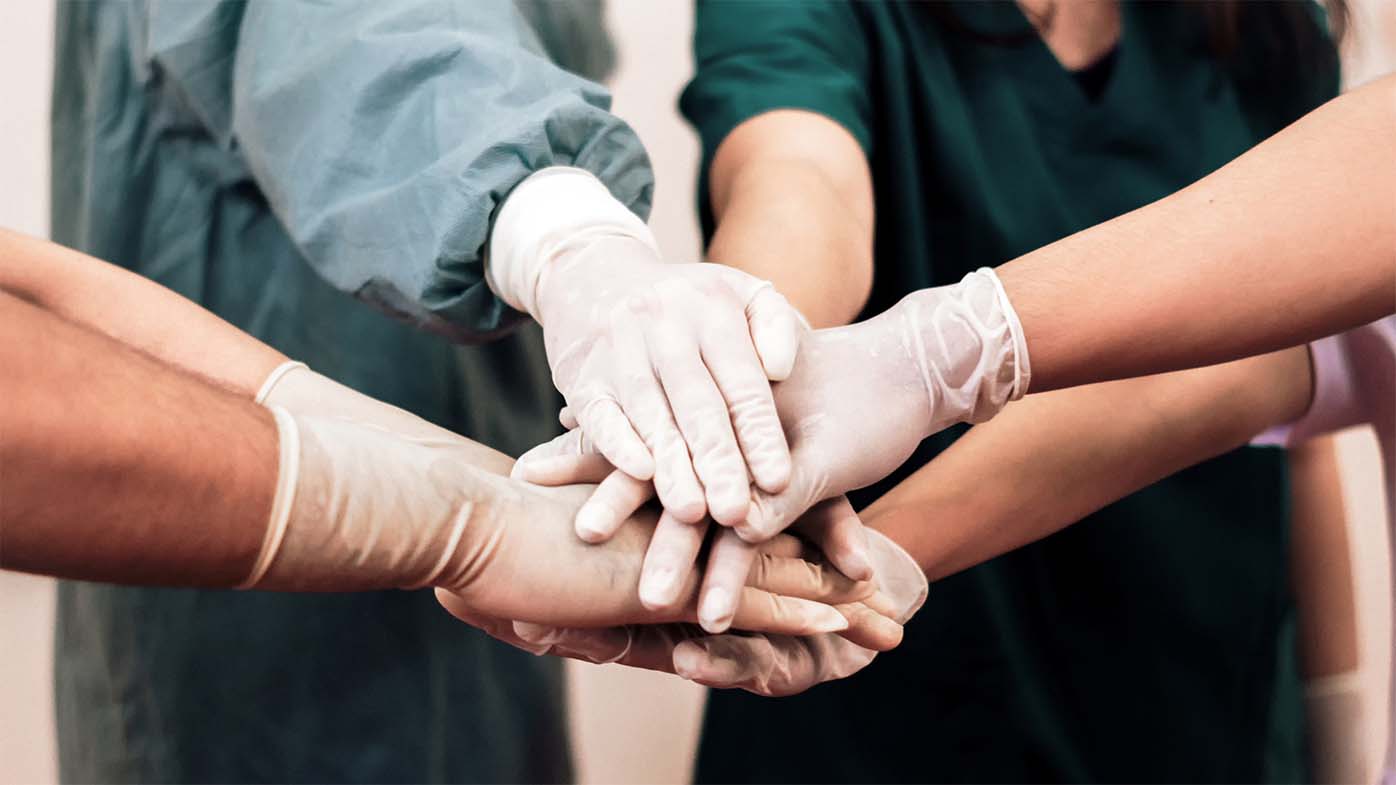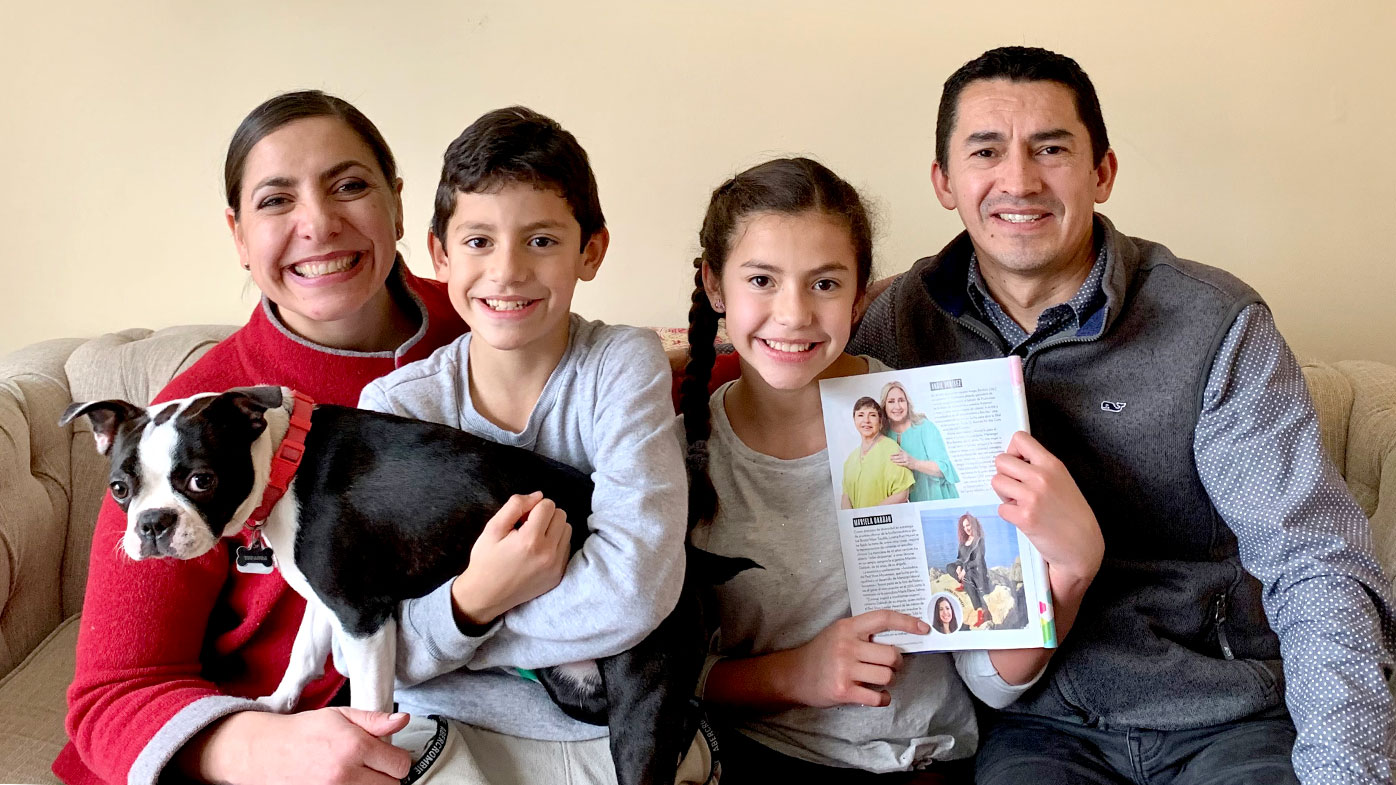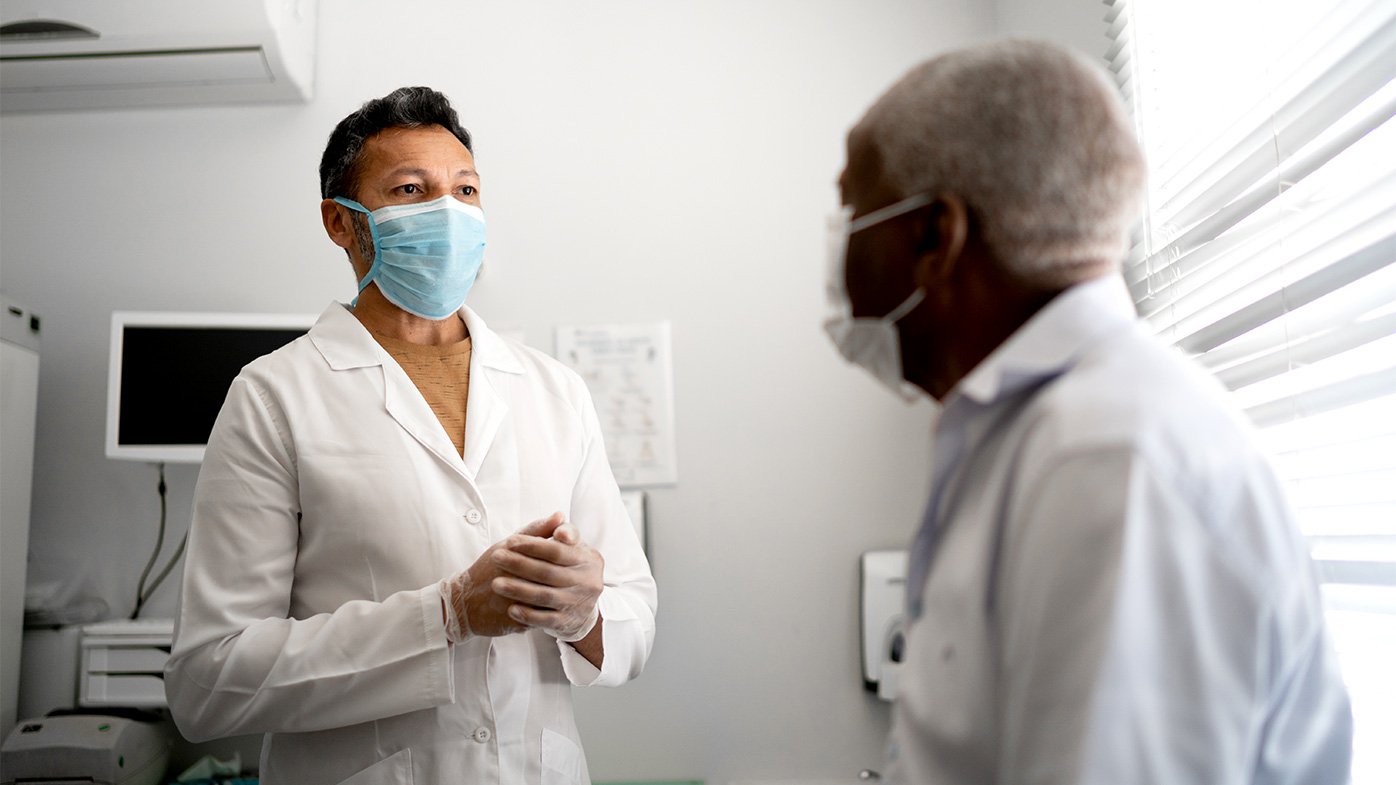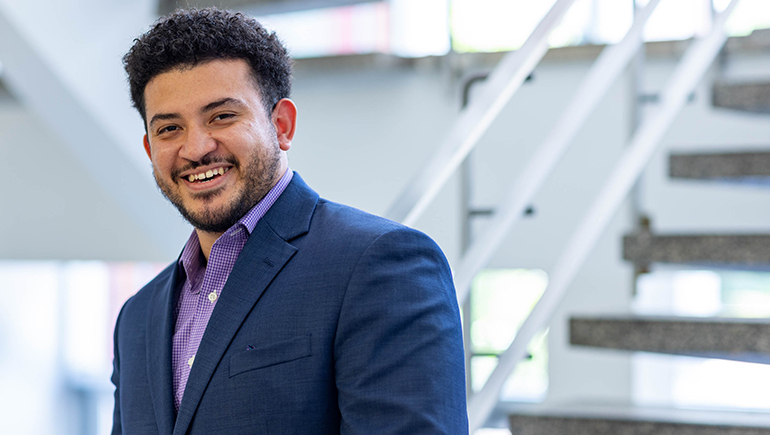
At 11 years old, Cesar Ramirez unexpectedly discovered his love of medicine through the care he received from his doctors. His parents worked multiple jobs and were often unable to be at his bedside. Ramirez’s physicians not only provided medical care but also supported him emotionally through his procedures and recovery. As a result, Ramirez grew acquainted with his caregivers and began shadowing them around the hospital. Quickly, he was able to develop an understanding of what they did − help others. His experience fueled his desire to become a doctor.
However, making this goal a reality came with challenges. During his junior year in high school, Ramirez realized he was unable to apply for college because he was not an American citizen. He was devastated, convinced that his dream to help others was unattainable. But when the DACA (Deferred Action for Childhood Arrivals) Act passed in 2012, Ramirez’s plan to attend college was resurrected. He applied to only one college, was accepted, and graduated in three years with honors, while holding down three jobs to fund his education and help his family.
Currently a student at the Sam Houston State University College of Osteopathic Medicine, Ramirez earned the opportunity to take part in the Winn Clinical Investigator Pathway Program. This unique training is providing practical experience to enhance his medical education while helping him develop skills to more effectively support families who encounter healthcare challenges like those his family experienced.
Ramirez said he hopes to return one day to his native Honduras to open a health clinic in his family’s rural farming community. “My parents sacrificed a lot to enable me to succeed,” Ramirez said. “I need to do something in return. So for me, this is not just about receiving an education but leaving a legacy. This is bigger than just myself.”
